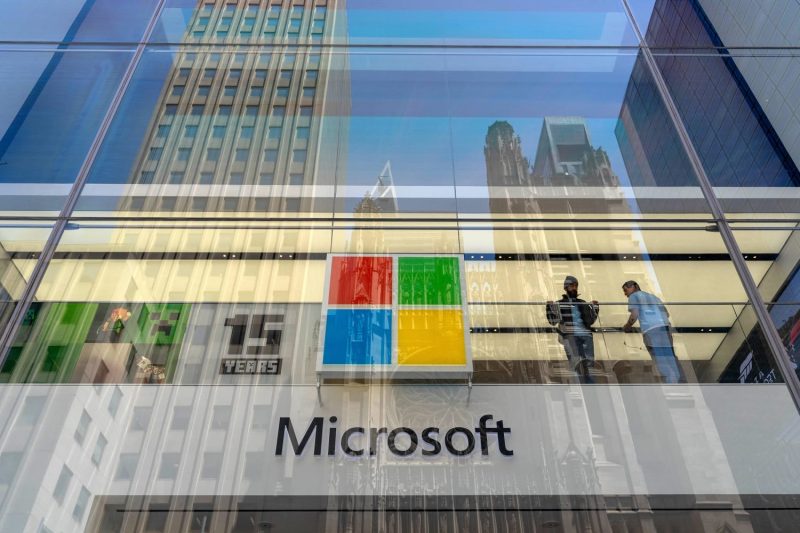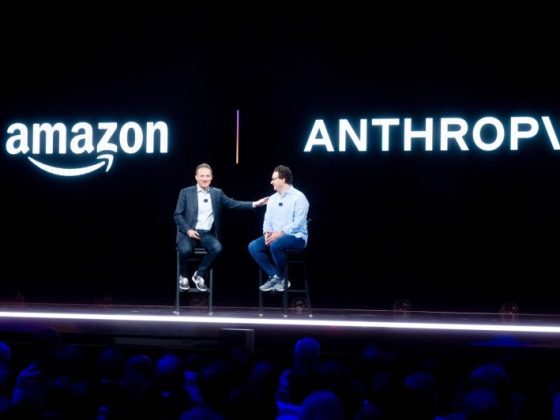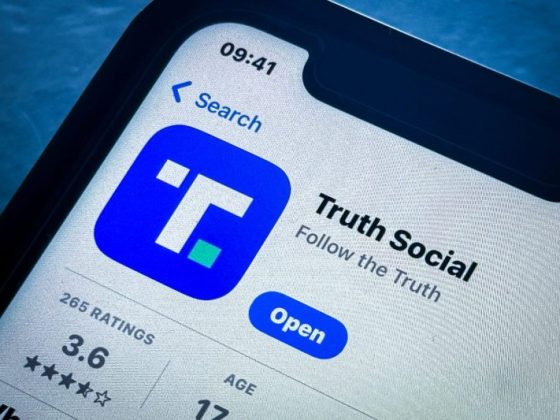In the ever-evolving world of technology, major technology companies often become subjects of antitrust investigations, where their business operations, strategies and monopolistic tendencies are scrutinized. Recently, Microsoft has come under the radar of the Federal Trade Commission (FTC), implying a seismic shift in the antitrust landscape in the United States.
The FTC’s broad antitrust investigation into Microsoft indicates a significant policy shift by regulators in their approach towards Big Tech’s dominance. Historically, many tech-oriented antitrust investigations have been disrupted due to the complex understanding of tech operations. However, this recent development reflects a strengthened commitment from the government, reaffirming its stance against anti-competitive practices in the industry.
The premise for this investigation is centered around Microsoft’s business operations and practices within their segment. FTC probes into whether the tech giant has engaged in actions that suppress competition, distort free market functioning, or create monopolistic environments. Specifically, the investigation will examine Microsoft’s acquisitions, proprietary software strategies, and its rigorous competitive methods, which may have potentially crowded out competitors.
An essential part of the investigation is the scrutiny of past acquisitions by Microsoft. With multiple high-profile acquisitions under its belt such as LinkedIn, GitHub, and most recently the gaming giant Bethesda, the FTC aims to determine whether these purchases were designed to sideline potential rivals, thereby preventing the emergence of competition.
While these acquisitions have undoubtedly strengthened Microsoft’s presence in various tech realms, they have also raised concerns about the effect on market competitiveness. If these acquisitions are found to restrain competition, it could have significant implications for Microsoft and how Big Tech companies plan their growth and acquisition strategies in the future.
Furthermore, the FTC is investing considerable resources into studying Microsoft’s proprietary software strategies. The primary focus will be on understanding if the strategies that Microsoft employs artificially create dependencies and lock-ins for customers, thereby influencing competition in a harmful manner.
The agency will explore whether Microsoft’s proprietary software hinders other businesses from competing fairly by making Microsoft products more compatible with each other than with products from other companies. It is often raised that the company’s strategy to favor its own ecosystem of software and services gives it an unfair advantage, and this is certainly an area the FTC is keen to further investigate.
Lastly, Microsoft’s competitive methods will also come under the microscope. Diverse business strategies of Microsoft, like undercutting competitors’ prices or entering into exclusive agreements with its partner companies, may potentially create an environment that is unfavorable to fair competition. The FTC aims to understand if Microsoft’s practices result in the unfair exclusion of competitors and promote monopoly in the markets where it operates.
Across all areas of investigation, the goal is to ensure equal playing field in the technology market. With this investigation, the FTC underscores its commitment to this objective and sends a clear message to the tech giants – dominance should not come at the cost of fair competition.
It is pivotal to note that while this antitrust investigation is in progress, it does not inherently indicate wrongdoing on Microsoft’s part. The FTC’s primary aim is to carry out a comprehensive review of Microsoft’s operations and practices, ensuring the competitive balance in the market remains unhindered. Until the culmination of the investigation, Microsoft and its practices reign in a state of flux, and the outcome can potentially reshape the future edifice of Big Tech in the United States.
Overall, the saga of Microsoft’s FTC investigation is particularly crucial in the unfolding narrative of Big Tech’s relationship with anti-competitive practices. This journey is not only significant for Microsoft but also for other dominant players in the technology arena, seeking to strike a balance between expansion and fair competition. As the investigation forges ahead, it undoubtedly initiates a fresh chapter in the annals of antitrust practices within the technological realm. It will set precedents, inspire legislation and prompt introspection within the industry at large.









